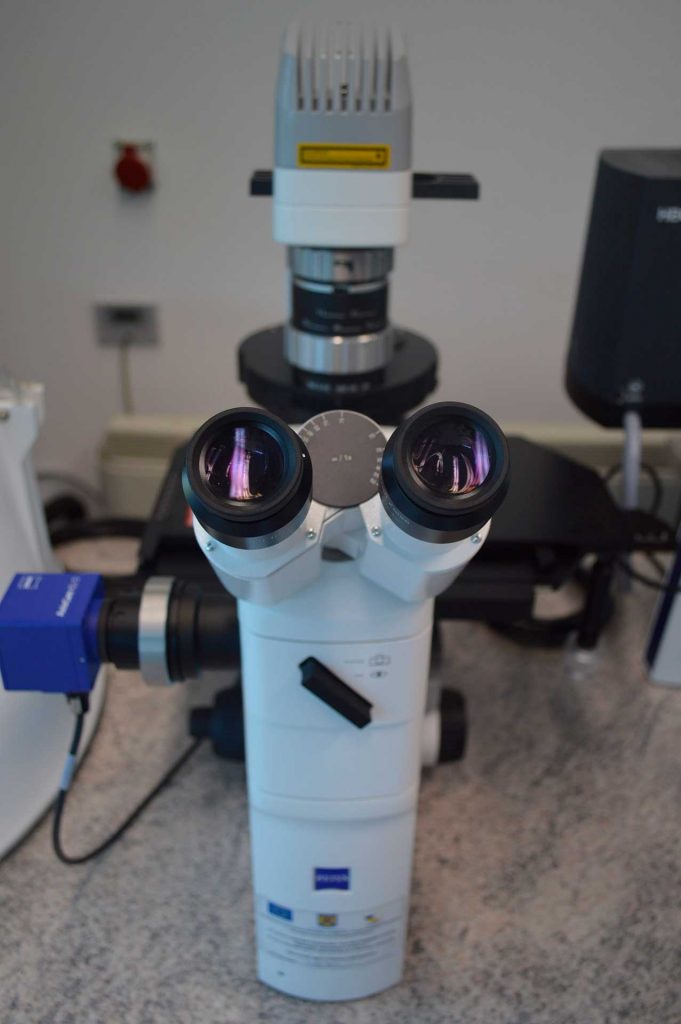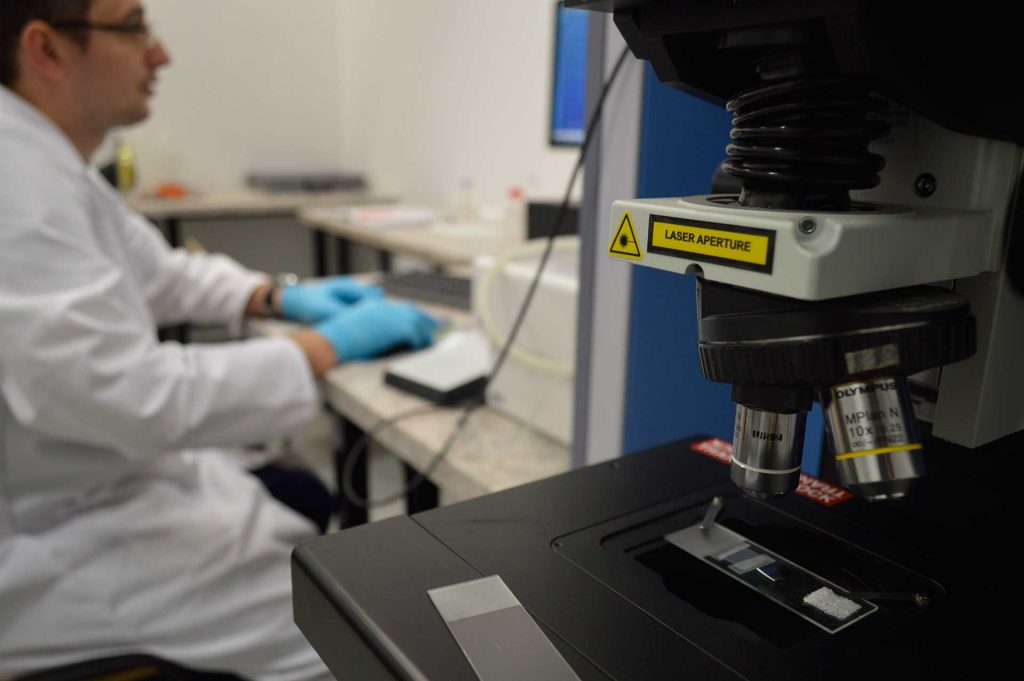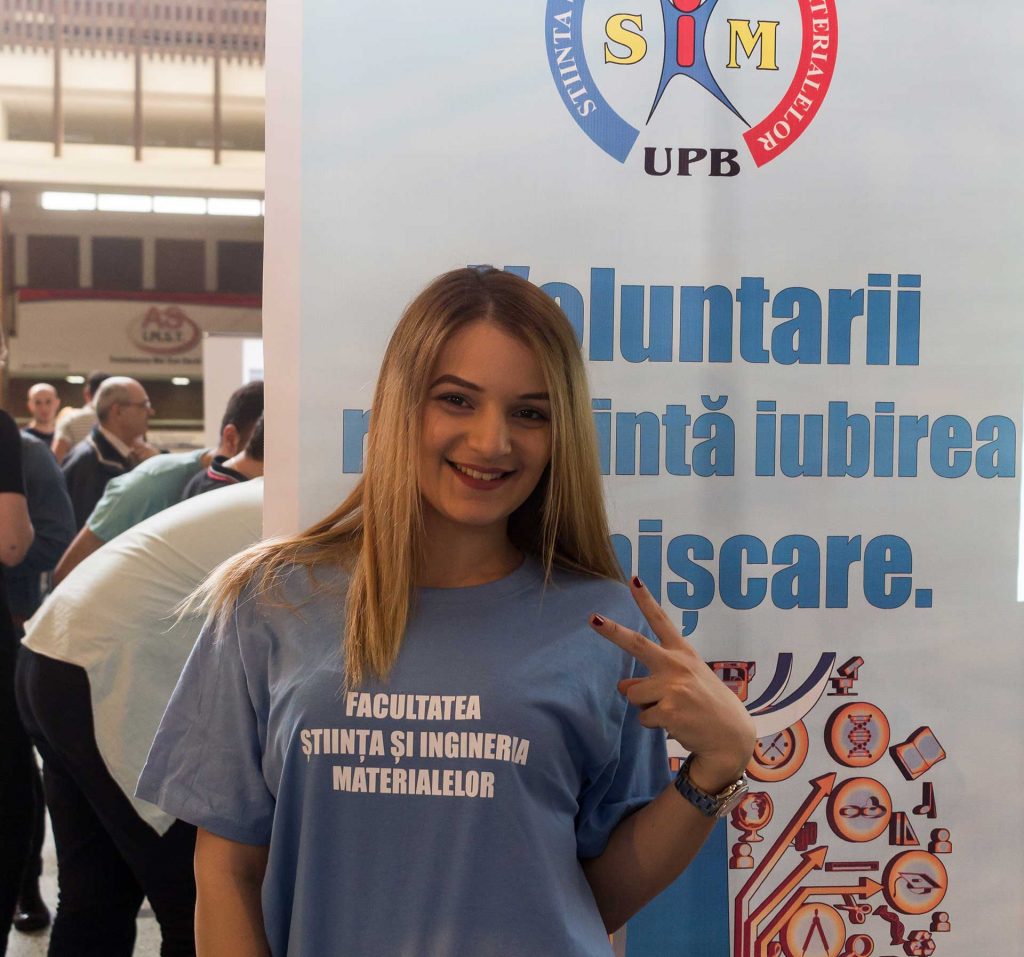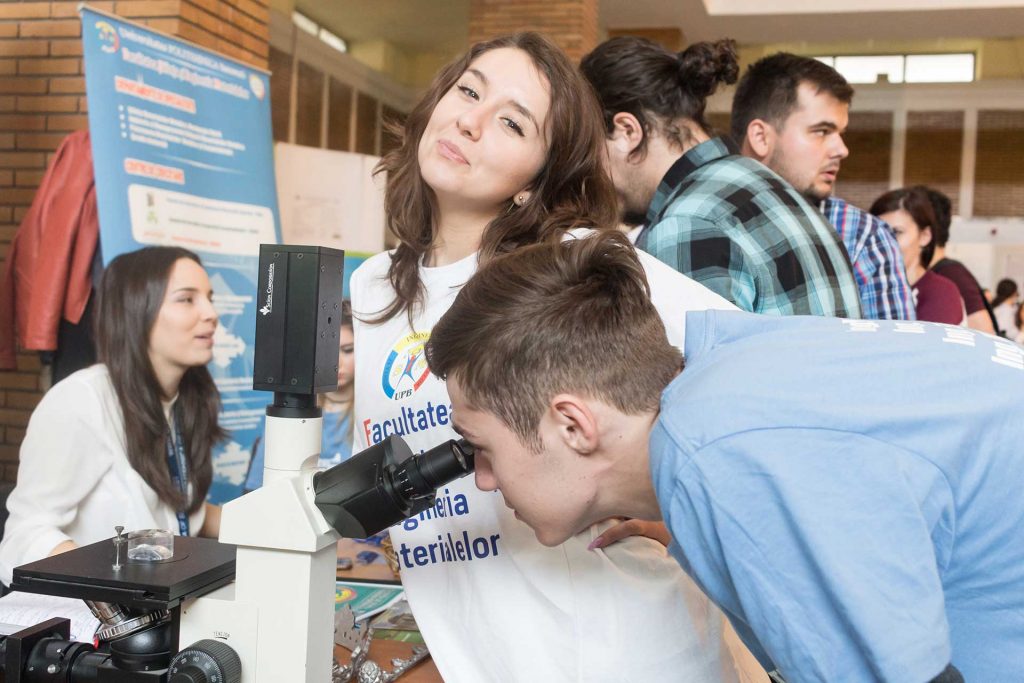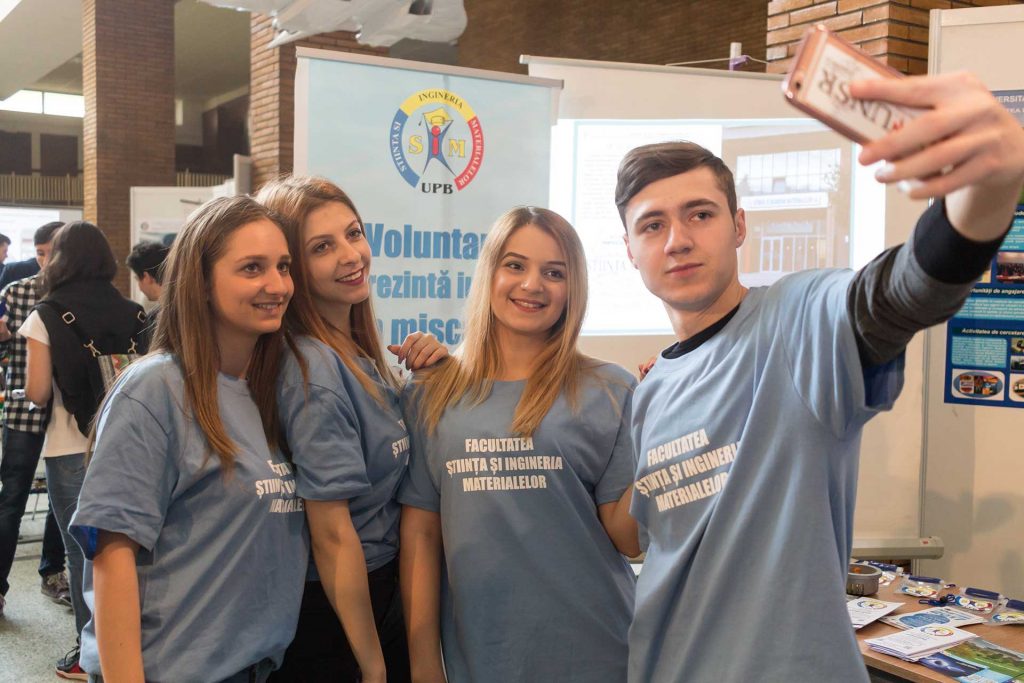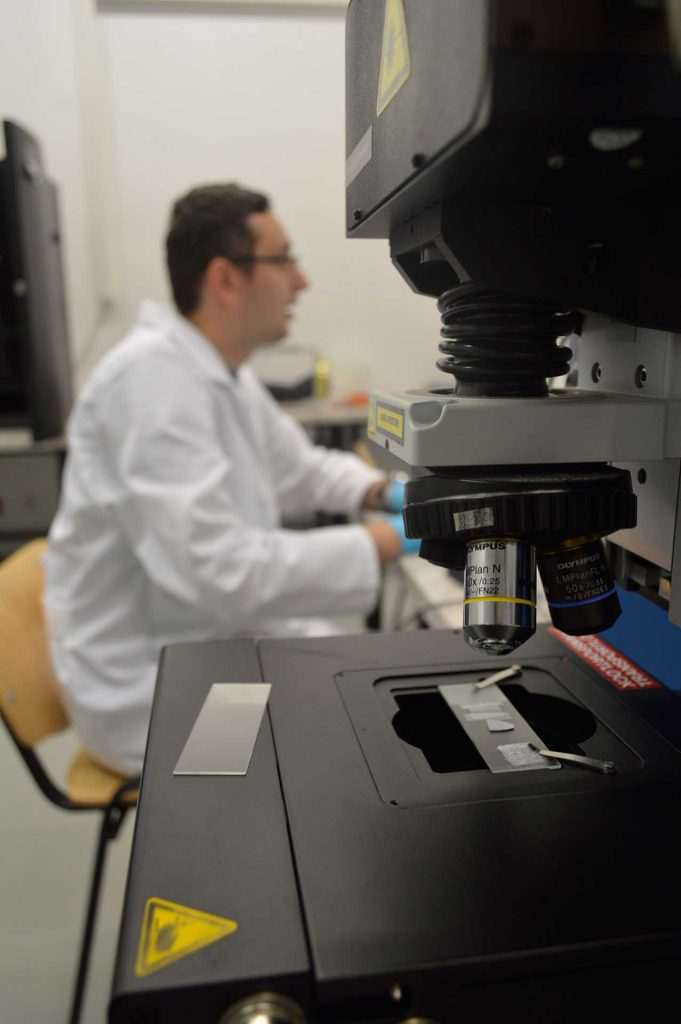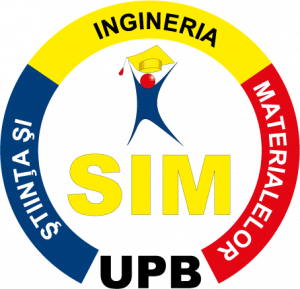Dean: Prof.dr.ing. Radu ȘTEFĂNOIU
Vice-Dean: Prof.dr.ing Mirela Gabriela SOHACIU
Vice-Dean: Conf. dr. ing. Nicolae ȘERBAN
Vice-Dean: Conf.dr.ing Mihai Cosmin COTRUȚ
Vice-Dean: Prof.dr.ing Augustin SEMENESCU
Director departament
Prof. dr. ing. Nicolae CONSTANTIN
telefon: +4021-402 97 48
Procesarea materialelor metalice şi ecometalurgie
Director departament
Prof.dr.ing. Vasile Dănuț Cojocaru
telefon: +4021-402 96 27
Ştiinţa materialelor metalice şi metalurgie fizică
Director departament
Prof. dr. ing. Vasile Iulian ANTONIAC
telefon: +4021-402 95 01
Adresă
Splaiul Independentei 313, sector 6, Bucuresti, cod 060042, corp JA 104-106
Telefon / Fax
Tel. +4021 402 9566
Fax.+4021 318 1017
Email
sim@upb.ro
Website
www.sim.pub.ro / www.mse.pub.ro
Fields of study
Material Engineering
Engineering in Producing Metallic Materials
Engineering in Processing Metallic Materials
Medical Engineering
Economic Engineering in Chemistry and Materials Industry
Engineering and Environment Protection in Industry
Specializări Master
Sinteza şi procesarea materialelor metalice speciale
Ştiinţa şi expertizarea materialelor metalice avansate
Ştiinţa și managementul testării materialelor
Tehnici avansate pentru procesarea materialelor metalice
Protecţia mediului în industria materialelor metalice
Ingineria şi managementul producerii materialelor metalice
Biomateriale metalice
The traditions of metallurgical education are linked to the development of ferrous and non-ferrous metallurgy in Romania. Thus, soon after the coming out of the first metal works in Banat, on January 1729 the first School of Mines and Metallurgy was founded at Oravita, which was transferred after 60 years in Resita. The first independent course of Metallurgy was introduced only in 1842 at Iasi.
In our university (former National School for Roads and Bridges) engineering diplomas in Metallurgy were conferred starting with 1881. Since 1920, the university has been renamed Polytechnic School of Bucharest, comprising four faculties including a Metallurgy department.
The first Bachelor’s degrees in Metallurgy were conferred in the third decade of the 20th century following the setting up of the Mines and Metallurgy section as part of the Polytechnic School of Bucharest. The first Ph.D in Metallurgy was conferred on an American engineer under the supervision of academician Traian Negrescu.
The development in manufacturing metallic, ceramic and carbonic materials has been carried out by having various factories and plants put into operation all over the country, producing semifinished goods and parts for high-tech industries: Microelectronics, Nuclear Energetics, Automation, Aeronautics, Robotics, modern transportation.
In 1990 the name of the faculty was changed into the Faculty of Materials Science and Engineering.
The faculty offers programs of study and research in: Materials Engineering, Economic Engineering in Materials Industry, Medical Engineering, Environment Engineering – full-time study mode engineers – as well as Master programs: Master of Advanced Studies / 2 years, Interdisciplinary Master / 2 years, Complementary Master / 2 years, full-time study mode Ph.D. / 3 years and extramural / 3 years, The Academic Postgraduate School / 2 years, Post-Graduate Studies / 6 months, trainings for preuniversity teachers (Permanent Teacher’s Certification, ‘Senior teacher level 1’’ Certification, ‘Senior teacher level 2’’ Certification), courses for re-qualification and professional reorientation (computer operator).


